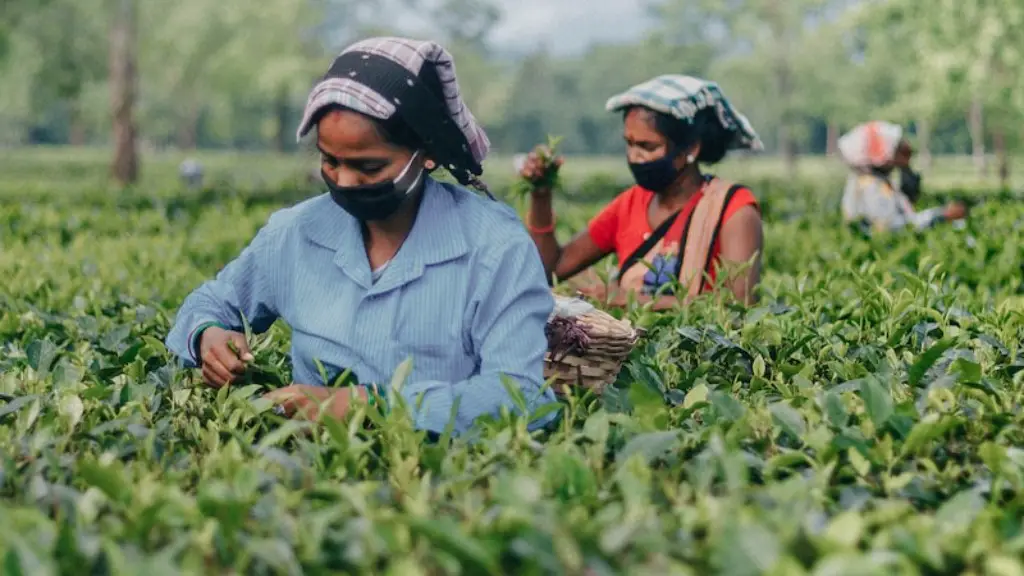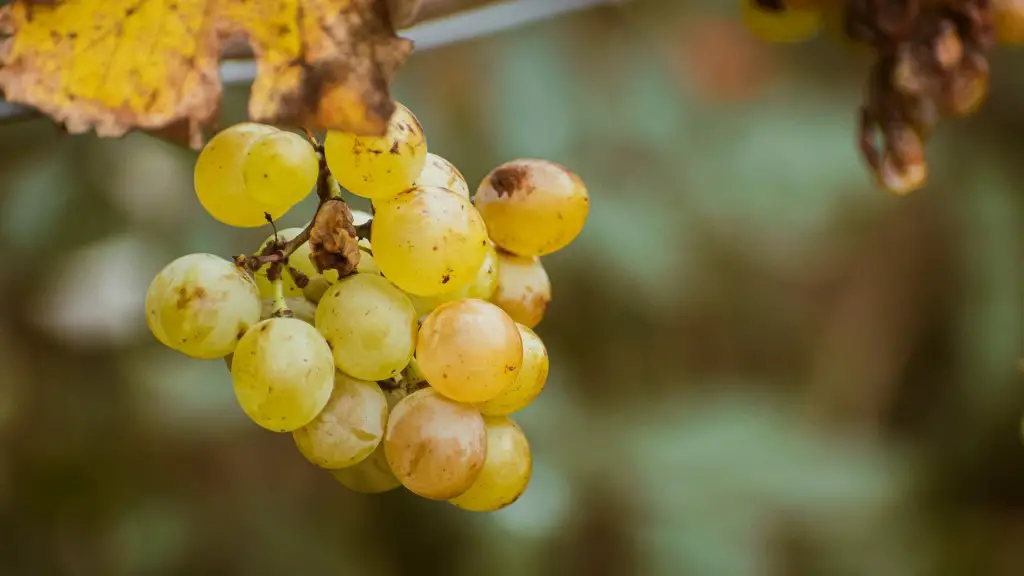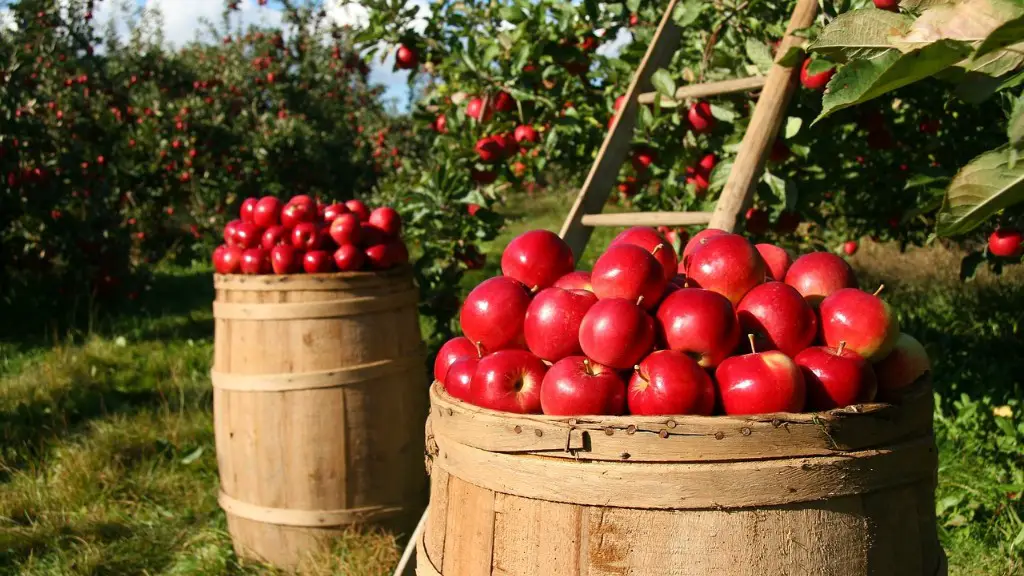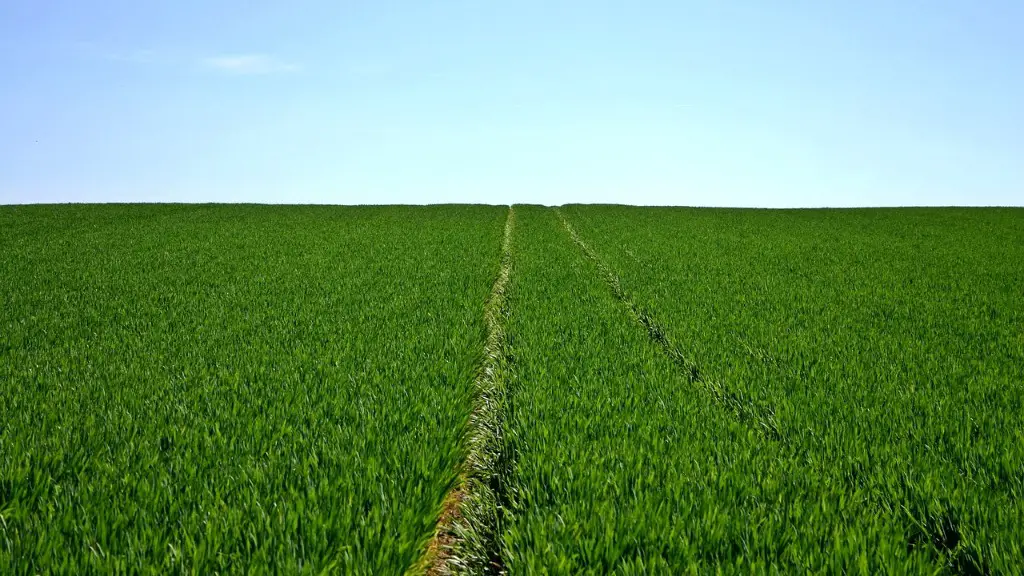Agricultural animal science is the integration of biological, physical and social sciences which apply to the production and management of human-related activities in all phases of livestock production, including pre-harvest, post-harvest, and processing. It includes the breeding, genetics, nutrition, physiology, behaviour, marketing and management of domestic animals, as well as the humane care and handling of such animals. It also focuses on producing healthy, nutritious and safe food, while incorporating sustainable and ethical practices into agricultural production systems.
Agricultural animal science involves the application of scientific principles to animal production and management. It is used in many areas including research, meat production, dairy enterprises, horse production and pet/veterinary care. It focuses on improving animal productivity, health and welfare. Animal scientists develop and manage various animal production systems and assess the impact on their respective environments. They also investigate animal genetics and reproduction, health and nutrition, and develop animal housing, containment and other related infrastructure to ensure humane and safe animal production.
Animal nutrition is a core focus in agricultural animal science, as the quality and composition of animal feed have a direct impact on the health and productivity of animals. Animal nutritionists assess the nutritional requirements of animals and develop nutrition plans in accordance with the genetic, physiological and behavioural needs of the animal species. They analyse the chemical composition of feedstuffs and evaluate their potential to meet the nutritional needs and preferences of animals.
The breeding of farm animals is another significant area of agricultural animal science. Animal breeders develop and optimize breeding programs to meet desired objectives, such as improved production and health of the animals. They screen and identify heritable traits aligned with the selection goals, collect detailed phenotypic data, and use advanced genetic tools to further refine selection criteria and predict outcomes.
Animal behaviour and welfare is an integral part of agricultural animal science. Animal behaviourists study the reactions and communications of animals, as well as their cognitive and emotional states. They develop strategies to improve animal welfare, and reduce stress and discomfort in animal production systems. Through data analysis, these scientists assess the welfare of animals and identify behavioural issues, and develop management recommendations to ensure animal welfare.
In addition, animal scientists are involved in the development and implementation of animal production systems and related technologies. They apply emerging technologies to animal production systems, and integrate agricultural production systems with other related disciplines, such as food science and technology, engineering, and information sciences. Animal scientists also assess the impacts of animal production systems on the environment.
In conclusion, agricultural animal science is a multi-disciplinary field that applies science and technology to animal production, health, and welfare. It encompasses research, breeding, nutrition, physiology, behaviour, marketing, management, and other related fields, and aims to improve animal productivity, health and welfare. The application of emerging technologies to animal production systems as well as integrating animal production systems with other related disciplines is an ever-growing area of research.
Research in Agricultural Animal Science
Agricultural Animal Science heavily relies on research to make progress and inform decisions regarding the content and practice of the field. Research conducted by Animal Scientists spans a range of areas from identifying beneficial traits in animals to predicting impacts of production systems on the environment. Research in the field includes formulating hypotheses and testing them through data collection and analysis, which are then forward to the public for discussion, deliberation and implementation.
Animal Scientists also identify and analyze emerging trends and technologies related to animal production systems. The development of such technologies as well as the implementation and improvement of existing ones are essential to advancing the field. Research into production methods, animal genetics, nutrition, behavior, welfare, and other related areas is continuously conducted to provide useful information which may be used to inform decisions and strategies regarding animal production.
Animal Scientists also engage in research which involves collaborations among stakeholders at all levels, ranging from local farmers and producers to international organizations. Such collaborations provide a valuable way of obtaining data which is useful in making evidence-based decisions while taking into account all perspectives of the different groups involved in animal production.
Furthermore, Animal Scientists are involved in a range of research projects related to sustainability and ethics in animal production. Such research often focuses on the development and implementation of practices which minimize the environmental impact of animal production systems while ensuring that animal welfare is maintained. By engaging in such projects and initiatives, Animal Scientists are able to provide valuable support for their respective fields.
In addition, Animal Scientists are actively involved in research which seeks to identify and improve sustainable and ethical production methods. Research into methods of ensuring the safe and humane treatment of animals, as well as methods of production which minimize any negative impacts on the environment, is an important part of the field of Agricultural Animal Science.
Education in Agricultural Animal Science
Entry into a career in Agricultural Animal Science often begins by obtaining a degree in the field. Degrees range from undergraduate certificates in Animal Science to Postgraduate PhD’s. Courses in Animal Science explore the science and technology related to animal production, allowing students to gain the knowledge and skills which are required to progress on to a professional career. This includes areas such as animal anatomy and physiology; animal nutrition, genetics and behavior; production systems and management; and related life science disciplines. Most courses include a period of practical experience, often conducted in commercial animal production contexts.
In addition to formal degrees, many types of continuing education can be pursued by Animal Scientists and practitioners in the field. Such courses may include topics such as animal welfare, sustainability, ethics and natural resources management. This type of professional development is essential in order to keep up-to-date with new discoveries and technologies, allowing Animal Scientists to better serve society and their professional practice. Such courses can be pursued through universities, vocational schools, professional organizations and online learning platforms.
Other common forms of professional development include attending conferences, workshops and seminars which address the latest developments in the field of Animal Science. Such events provide people the opportunity to network with other Animal Scientists, as well as to attend various talks, panel discussions and presentations. Such activities allow Animal Scientists to gain a deeper understanding of current topics, to share their own experiences with other colleagues, and to develop new connections and collaborations to further their professional practice.
The career opportunities in Agricultural Animal Science can be broadly divided into the following areas: research, education, policy development and implementation, and commercial production. Depending on the experience and qualifications of individuals, different career paths may be available to them. Careers in research, education and policy often require higher qualifications and experience, while careers in commercial production may require certifications or apprenticeships.
Impact of Agricultural Animal Science
The impact of Agricultural Animal Science is far-reaching. By improving animal welfare, productivity and health, Animal Scientists are enabling more humane production practices which benefit not just the animals, but everyone who is involved in the industry, including farmers, producers, and consumers. This in turn is expected to lead to improved food security, reduced environmental impacts of animal production, and increased sustainability in the sector.
Developments in animal genetics allow Animal Scientists to identify genetic traits which are beneficial in animal production. This has allowed for the selection of animals which are better adapted to their environment and have increased survival rates, decreased illness and increased disease resistance. Furthermore, advances in animal nutrition have enabled Animal Scientists to formulate better diets for animals, increasing growth rates and improving animal health.
Animal Scientists also play an important role in policymaking, by providing the necessary data and evidence to inform decisions. This has allowed Animal Scientists to contribute to the development of animal welfare regulations and standards which must be followed by all stakeholders in the agricultural industry. Such regulations and standards aim to protect animals and the environment, while ensuring that animal production methods are humane, efficient and safe.
In addition to helping to improve animal welfare, productivity and health, Agricultural Animal Science also has a positive influence on the economy. This is because developments in the field enable farmers and producers to produce more food at lower costs. As a result, the agricultural industry is able to provide more jobs for people, increasing economic growth and contributing to the well-being of communities.
Importance of Agricultural Animal Science
The importance of Agricultural Animal Science cannot be overstated. Animal production is an important part of the global food system, and Animal Scientists play an integral role in ensuring that animal production is conducted in a safe, efficient and humane manner. Animal Scientists are responsible for ensuring that animals receive proper nutrition and care, and that their welfare is protected. Furthermore, Animal Scientists also play a key role in developing improved production methods, providing the necessary data and evidence to inform policies, and advocating for sustainable, ethical and responsible animal production practices.
At the same time, Animal Scientists also contribute to other important areas such as food security, environmental stewardship and economic development. Animal Scientists are able to provide data which can be used to inform strategic decisions related to animal production and food security. In addition, Animal Scientists are also able to provide insights on how animal production practices can be improved in order to minimize any negative impacts on the environment. Finally, Animal Scientists are also able to provide information which can be used to inform policies and decisions related to economic development and job creation in the agricultural industry.
In conclusion, Agricultural Animal Science is a multi-disciplinary field which plays an essential role in ensuring that animal production is conducted in a safe, efficient and humane manner. Animal Scientists provide the necessary data, insights and evidence to inform decisions, advocate for more sustainable and ethical animal production systems, and play a key role in improving food security, environmental stewardship and economic development.





